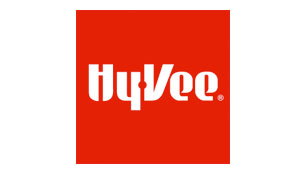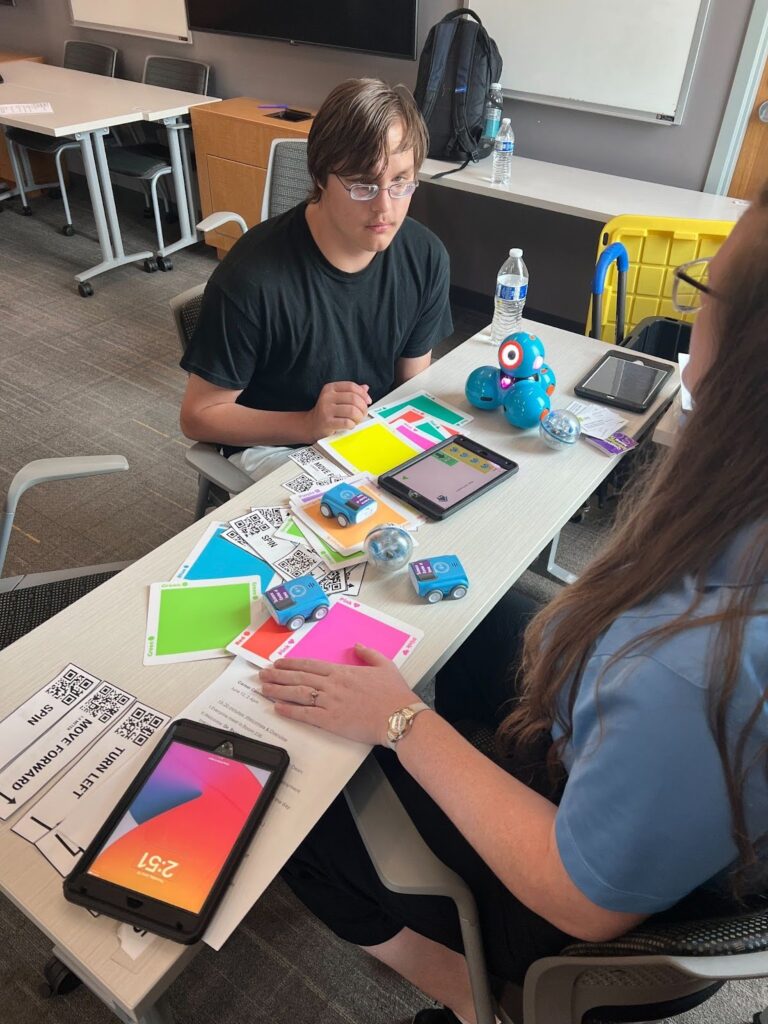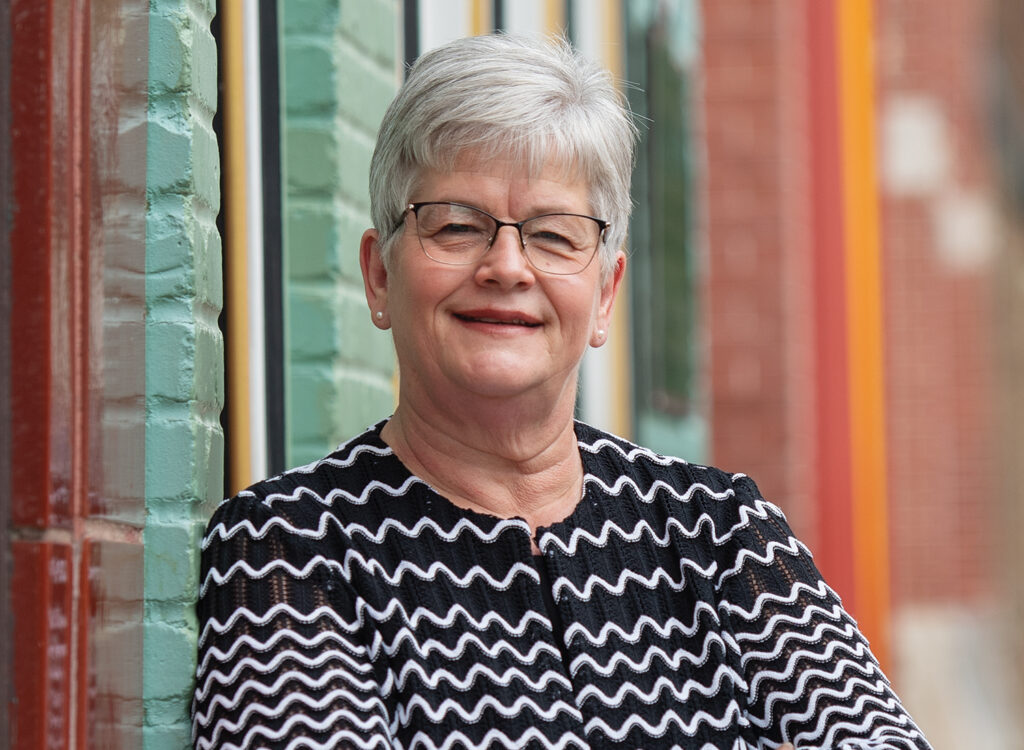Who are the tech investors
It is often hard to identify the people investing in start-ups; here is why some make the choice to invest and why industry experts hope for more

Milt Milloy knows his reasoning is a little, well, hokey, as he puts it.
His job as a stock analyst at Principal Financial Group Inc. was eliminated in September, which he saw as a blessing in disguise. He took the opportunity to start Springboard Consulting & Capital, a company that he uses as his springboard to search for technology start-up companies to invest in.
His motivations were mainly business-related. Milloy wanted to find alternative investments to diversify his portfolio. He also sees the fun in it, and thinks he can help start-ups with his expertise.
That, and “I love living here,” he said. “I love Central Iowa, and I want to continue living here. It maybe sounds a little hokey, but it just feels good to feel like you’re helping people get a business started, become successful and make this a better, more vibrant economy and a better place to live.”
As someone new to the investment scene, Milloy hasn’t completed an investment yet, but has multiple deals “in the pipeline.” He originally toyed with the idea of investment four years ago, but had a hard time making connections.
“Four years later, it just feels like the environment is quite different,” he said.
People like Milloy are “sorely needed,” said Tej Dhawan, principal at StartupCity Des Moines, especially at what is known as the angel, or early-stage, level. It’s hard to get a handle on just how many people are investing in tech-related start-ups; Dhawan estimates it is in the hundreds in Greater Des Moines, but beyond that it’s hard to pinpoint.
Many investors like to keep a low profile, preferring not to have their email inboxes flooded with requests. Instead, they stay connected to the start-up world through networking and keeping an eye on what is going on. There is also no simple connection point for angels to share in deals and spread the risk, said Mike Colwell, executive director of the Business Innovation Zone.
Regardless, leaders in the sector say more investment is needed.
“Especially at very early-stage levels, that is and historically has been the most difficult capital for an entrepreneur to get, and it’s improving over the past several years, but it’s still not excellent,” said Leann Jacobsen, president of the Technology Association of Iowa (TAI). “There’s always this gap between people who need money and people who have money. It’s bringing those two groups together.”
The trends
The tech-related start-up scene has a lot of momentum in Des Moines, Jacobsen said. That is evidenced by the launch of StartupCity, an incubator that helps develop high-growth tech companies, as well as the emergence of what is referred to as “Silicon Sixth” along Sixth Avenue downtown. Having organizations such as the John Pappajohn Entrepreneurial Center and support from colleges and universities also helps.
It stands to reason there will be more start-ups and an increased demand for funding, Jacobsen said.
There has been more investment in recent years, she said. Entrepreneurs who have been successful are investing in other start-ups, and people outside the tech scene are looking for ways to diversify their portfolios. A tax credit for angel investors passed by the Iowa Legislature last year is designed to encourage more early-stage investments.
An event being planned by TAI in April, called i2iowa Investors & Innovators Forum, will bring together investors with start-ups in the areas of biosciences, information technology, advanced manufacturing and general business. The purpose, Jacobsen said, is to connect investors with the specific type of investment they are looking for.
Ben Milne, founder of mobile-payment company Dwolla Corp., is seeing Des Moines go through an awkward stage when it comes to start-ups finding local investment. Start-up founders say they can’t find local funding, and local investors say they are willing to invest, but aren’t actually following through.
His suggested solution: keep building. Milne said local investors will eventually notice, especially if they see successful companies to invest in. In the meantime, start-ups shouldn’t be afraid to look outside Iowa for investment. Dwolla just took a $5 million investment from firms and investors outside of Iowa, led by New York-based Union Square Ventures.
“Some of the best investors in the world are making their way through Des Moines,” though they don’t necessarily advertise it, Milne said, “I think that’s going to make a lot of people here more self-aware of the things going on in Des Moines. It’s social validation. … I think it’s going to make local investors more afraid of losing good deals.”
The motivations
Milloy looks for two things when evaluating a potential company to invest in. The first is a good business opportunity; the second is the involvement of people he likes and trusts.
That sentiment is shared by many investors, said John LaMarche, principal at VentureNet Iowa LLC, which helps start-ups plan their businesses and capital decisions.
There are different types of investors. Some, whom Dhawan has run across as a principal at StartupCity, are owners of businesses that aren’t involved in the tech scene. Others are people such as Milloy who are looking to diversify their portfolios but also want to be able to lend expertise and play an advisory role.
Brad Dwyer, founder of a Facebook game with 3.5 million users called Hatchlings, is an example of an investor who has been successful with his own tech start-up and wants to find more opportunities to be involved in the start-up community.
He recently invested in VolunteerLocal, a start-up run by entrepreneur Brian Hemesath. Dwyer was introduced to Hemesath after an interview with Silicon Prairie News Chief Operating Officer Geoff Wood, who also is involved with the company.
Dwyer wants to be involved with any start-up he invests in. He recognizes the risk, but “really it’s investing (money) on yourself, when you start a company or you take a part of a small company.”
That said, being risk-averse doesn’t mean that a tech investment is the wrong choice, said one local investor who preferred not to be named. A serial entrepreneur who has invested in his own companies and others for many years, the investor said friends and family consider his entrepreneurial lifestyle as involving tremendous risks. He, on the other hand, considers himself as “one of the most conservative guys I know.”
“If people that are well-heeled want to have Des Moines continue to evolve and grow and be a place for young people to come, they should look at investing,” he said. “Even if they fail, you are going to get a much more creative and robust community in Des Moines through that type of investment than if people have to go and move other places to find funding.”
3 things investors consider
1. Management: The most important thing, said John LaMarche, principal at VentureNet Iowa LLC, is the management team. “The investment is really in people,” he said.
2. Business model: Does the model make sense, and can it compete in the marketplace?
3. Third-party validation: LaMarche works with preparing companies to try for state grants, which require a private match to prove that someone sees value in the product. Similarly, Milloy likes to see that other investors are willing to back a company.











